Boom! for US arms-makers as war on IS brings in billions
Wall St cheers as US bombs are used to blow up US-made equipment that will all need replacing

A free daily email with the biggest news stories of the day – and the best features from TheWeek.com
You are now subscribed
Your newsletter sign-up was successful
It looks like it is going to be a good year for America’s arms industry after all.
Things were looking bleak – at least by the standards of the US war machine – until Jihadi John and his cohorts started chopping off heads in the name of the Islamic State and over-running nation states blessed with oil supplies.
Barak Obama came to office as the “no more war” president and although his definition of war seems to exclude death by drone or special forces he has brought home most of the forces that had been fighting and dying in Iraq and Afghanistan.
The Week
Escape your echo chamber. Get the facts behind the news, plus analysis from multiple perspectives.

Sign up for The Week's Free Newsletters
From our morning news briefing to a weekly Good News Newsletter, get the best of The Week delivered directly to your inbox.
From our morning news briefing to a weekly Good News Newsletter, get the best of The Week delivered directly to your inbox.
This has had a dire effect on the production lines and bank accounts of what President Eisenhower so presciently named back in 1961 the Military-Industrial Complex. Share prices flattened on Wall Street, and blue-collar workers assembling the Humvees and smart bombs of contemporary combat were the first to lose their jobs as demand fell.
In Washington, Congress has been preparing a Pentagon appropriations bill of just $58.6 billion – that is $20 billion down on this year’s budget, and a huge hit on the fortunes of those who reap the profits of war.
But the boom is back in the nick of time.
The campaign to “degrade” Islamic State fighters from the air – already being deemed a failure, but we won’t go there – is calculated to have cost $1 billion so far, and that’s only the start of it.
A free daily email with the biggest news stories of the day – and the best features from TheWeek.com
Just three days after Washington took the war to Syria a fortnight ago, the Pentagon signed a $251 million dollar contract with Raytheon Co to replace the 47 cruise missiles fired in the opening barrage. This week came news that Apache helicopters (manufactured by Boeing) armed with Hellfire missiles (Lockheed Martin) have been thrown into the fray outside Baghdad.
Which is why Defence Secretary Chuck Hagel is hard at work negotiating with Congress for a return of a good chunk of the very same $20 billion his Pentagon was negotiating to cut.
"We're going to require additional funding from Congress as we go forward," Hagel said at a news conference on 26 September. "We're working now with appropriate committees on how we go forward with authorisations and funding."
The Washington think-tank The Center for Strategic and Budgetary Assessments has estimated that the air campaign alone will cost around $3.8 billion a year at the current level of intensity, all of it being met by the US taxpayer.
"There are plenty of reasons to think that defence spending is going to be on the rise again," Wayne Plucker, an aerospace analyst with research firm Frost & Sullivan, told the Los Angeles Times. "Defence companies are not being harmed by the current situation, I can tell you that much."
Although Obama has restricted his war on IS to bombardment, there is no reason for manufacturers of ground weapons to despair. IS has stolen most of its equipment from the Iraqi Army, which abandoned billions of dollars’ worth of kit.
So the Tomahawks and smart bombs are blowing up Humvees and American-made armoured personnel carriers, artillery pieces and tanks, all of which will have to be replaced for the next Iraqi or other army to fail in its purpose.
Even more encouraging, business-wise, is that the Arab “allies” with whom Obama has gone to war are also using up stocks of American arms. The LA Times reports that Boeing has already sold 262,000 guidance kits which turn bombs into “smart bombs” to Saudi Arabia, the United Arab Emirates, Qatar and Bahrain, at $25,000 each.
The “privatisation” of war has spread the profits far beyond the makers of ships and planes and bombs. Obama’s sending thousands of private-contractors back to Iraq to help secure “American interests” as well as arm and train the proxy armies taking on the Assad regime and IS in Syria is seasonal good cheer to such companies as Halliburton.
Halliburton became a household name as the largest of the “privatised” contractors to emerge with coffers bulging from the wreckage of Iraq. It had been run by President Dubya Bush’s vice-president Dick Cheney before he left, putting his shares in trust, to run the “neo-con” project and the Iraq War.
According to a March 2013 report by the International Business Times, Halliburton had made $39.5 billion from the Iraq War by the time it was “ended” by Obama, and is still busy there now. Cheney held $39 million in Halliburton stock options when he quit the company in 2000 to take up office, and has been selling them off since retiring.
Is it a co-incidence that Obama declares his war on IS as the mid-term elections loom? Not entirely. The Democrats face a tough fight hanging on to their Senate majority, and further losses in the House of Representatives already in Republican hands.
The Military-Industrial Complex is unrivalled for the distribution of “pork”. That is one reason why military costs are so high: spreading the pork from the public purse to constituencies all over the country has always been more important than efficient concentrations of production. It is the congressman’s job to bring home the bacon, and there are dozens of relieved Democrats going home to face the November polls with fat contracts for subsidiaries of big corporations in their pockets.
The shares of the biggest hogs at the trough - Raytheon, Lockheed Martin, Northrop Grumman and General Dynamics – have all been climbing back to record highs, and all of them are outpacing the Standard & Poor’s 500 stock index. Wall Street cheers.
-
 The 8 best TV shows of the 1960s
The 8 best TV shows of the 1960sThe standout shows of this decade take viewers from outer space to the Wild West
-
 Microdramas are booming
Microdramas are boomingUnder the radar Scroll to watch a whole movie
-
 The Olympic timekeepers keeping the Games on track
The Olympic timekeepers keeping the Games on trackUnder the Radar Swiss watchmaking giant Omega has been at the finish line of every Olympic Games for nearly 100 years
-
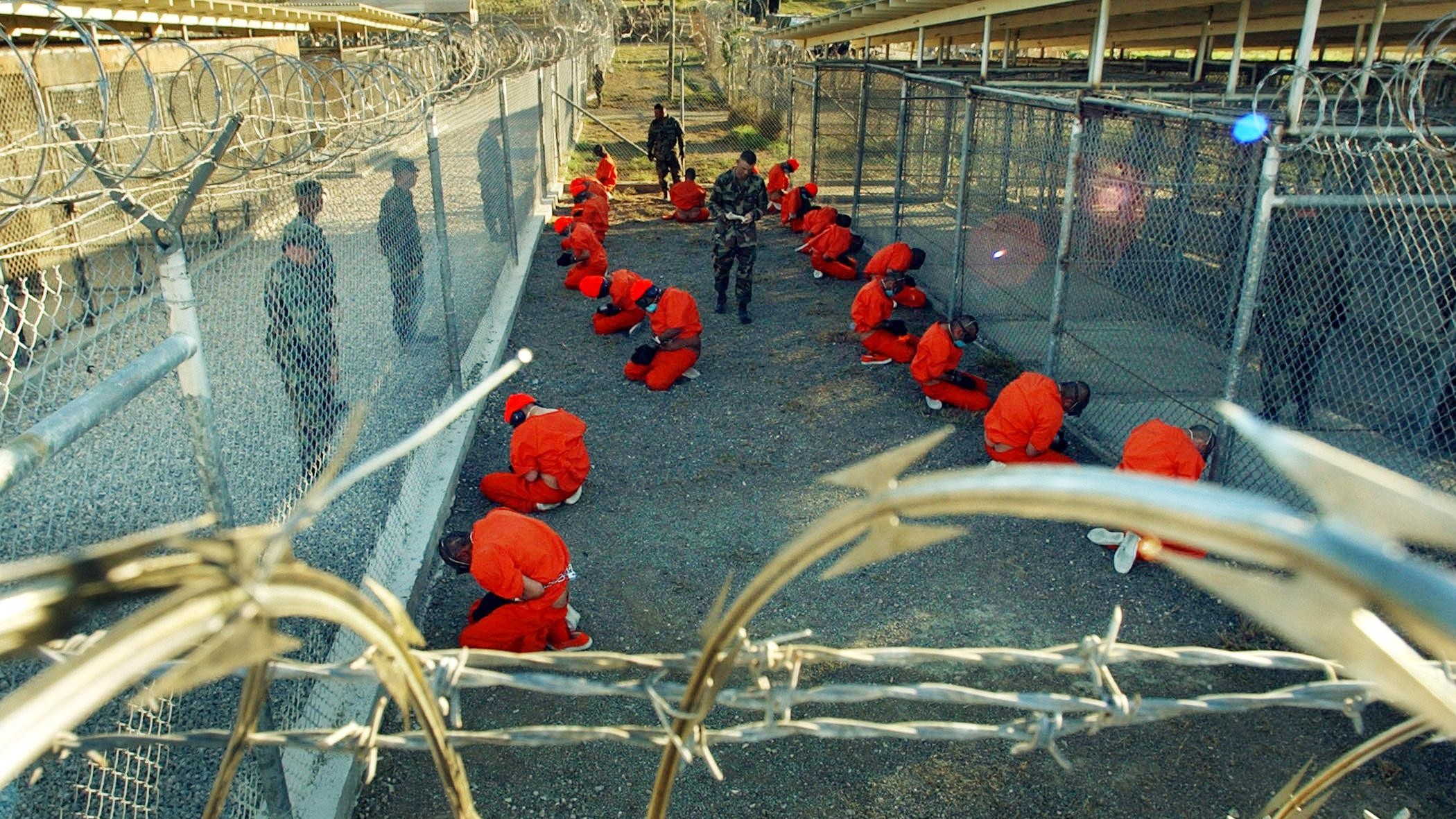 A history of Guantánamo Bay
A history of Guantánamo BayThe Explainer War of Terror's 'symbol of torture, rendition and indefinite detention' is subject of new Serial podcast series
-
 Why is Islamic State targeting Russia?
Why is Islamic State targeting Russia?Today's Big Question Islamist terror group's attack on 'soft target' in Moscow was driven in part by 'opportunity and personnel'
-
 The deadly attacks on Syrian truffle hunters
The deadly attacks on Syrian truffle huntersfeature Islamic State suspected of targeting Syrians risking their lives to secure much-needed income
-
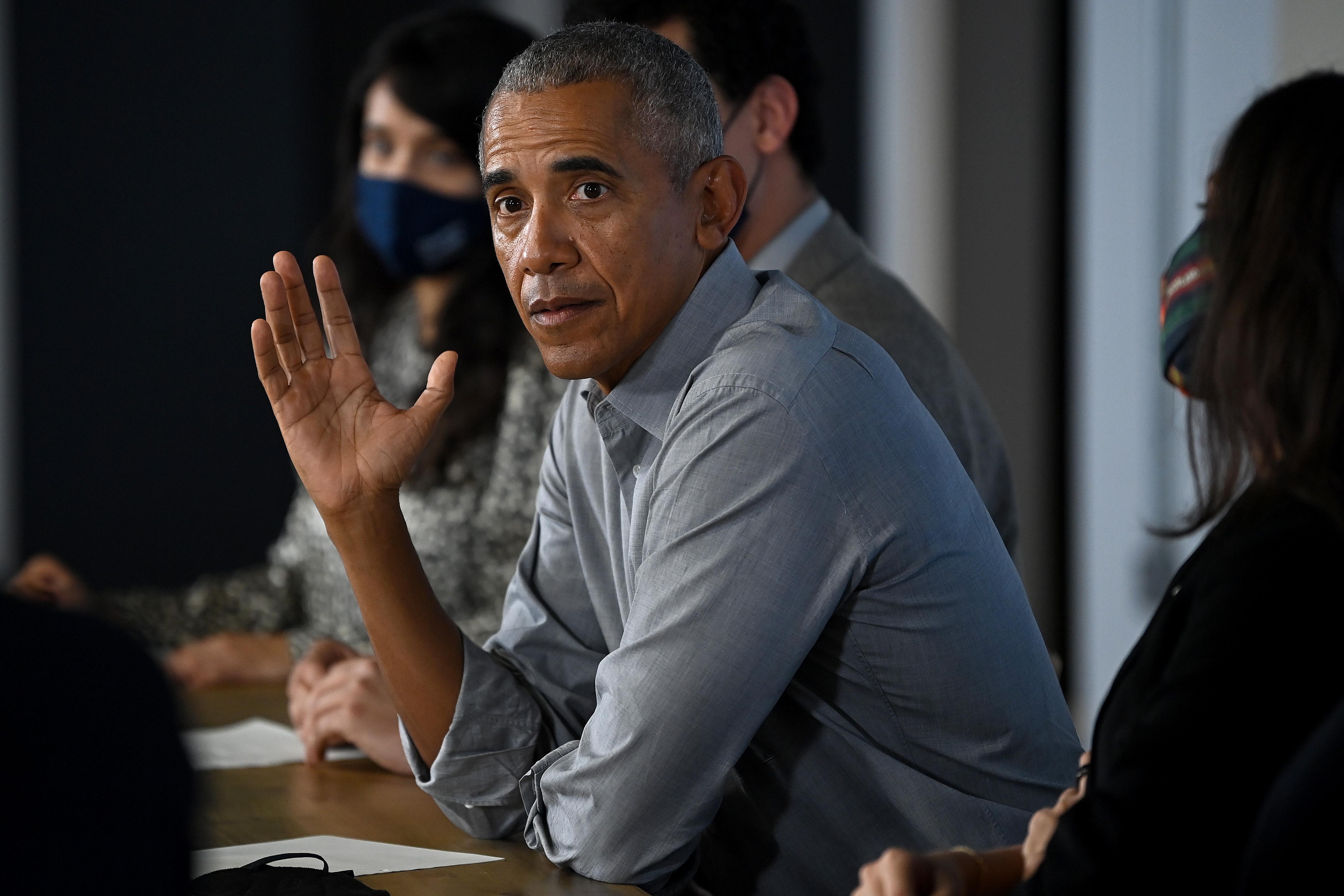 Obama calls on Americans to support sanctions against Russia despite 'economic consequences'
Obama calls on Americans to support sanctions against Russia despite 'economic consequences'Speed Read
-
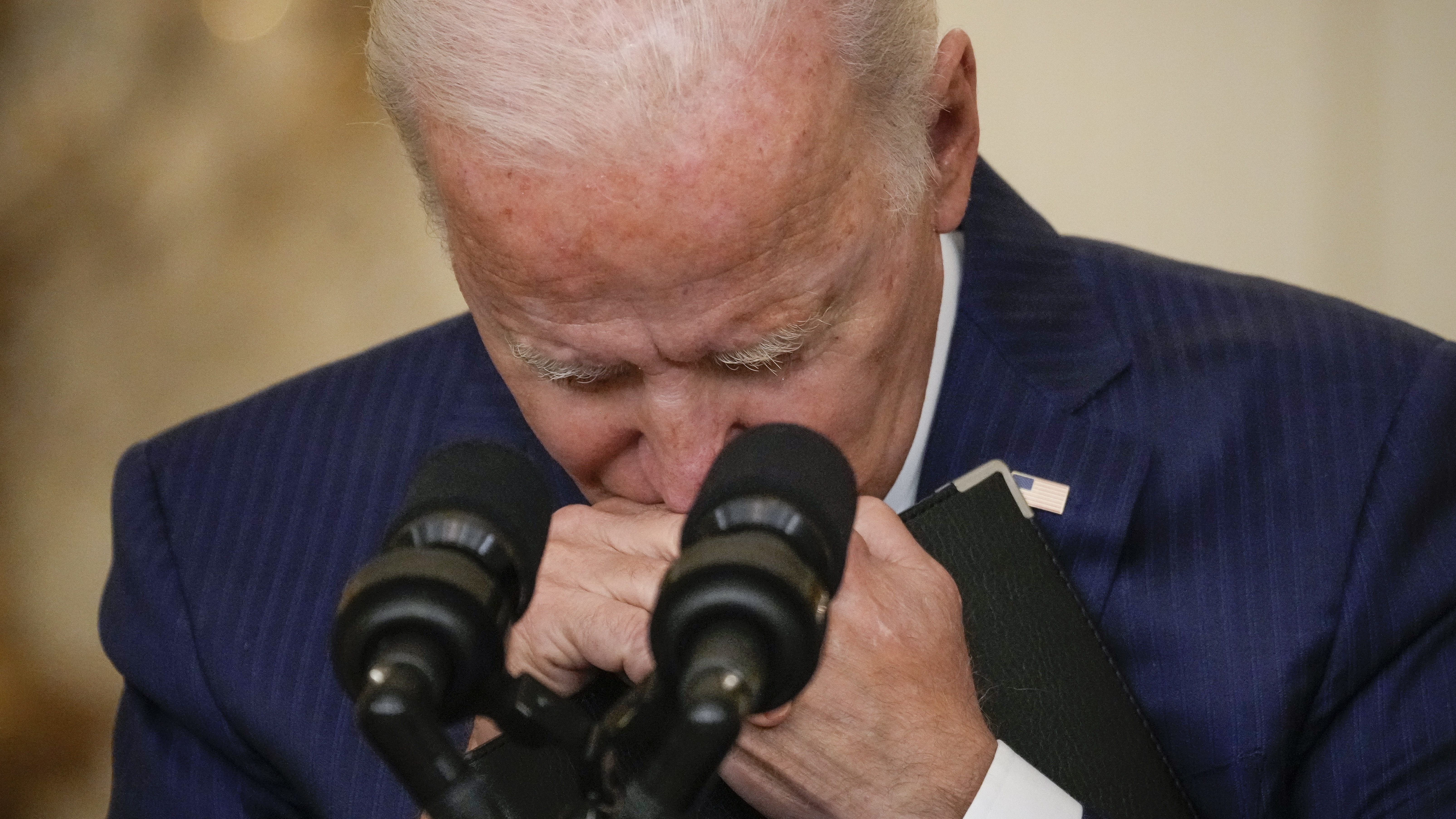 Will the Kabul bombing lock Joe Biden into a ‘forever war’ against Isis?
Will the Kabul bombing lock Joe Biden into a ‘forever war’ against Isis?In Depth President vows revenge against extremists following airport suicide attack
-
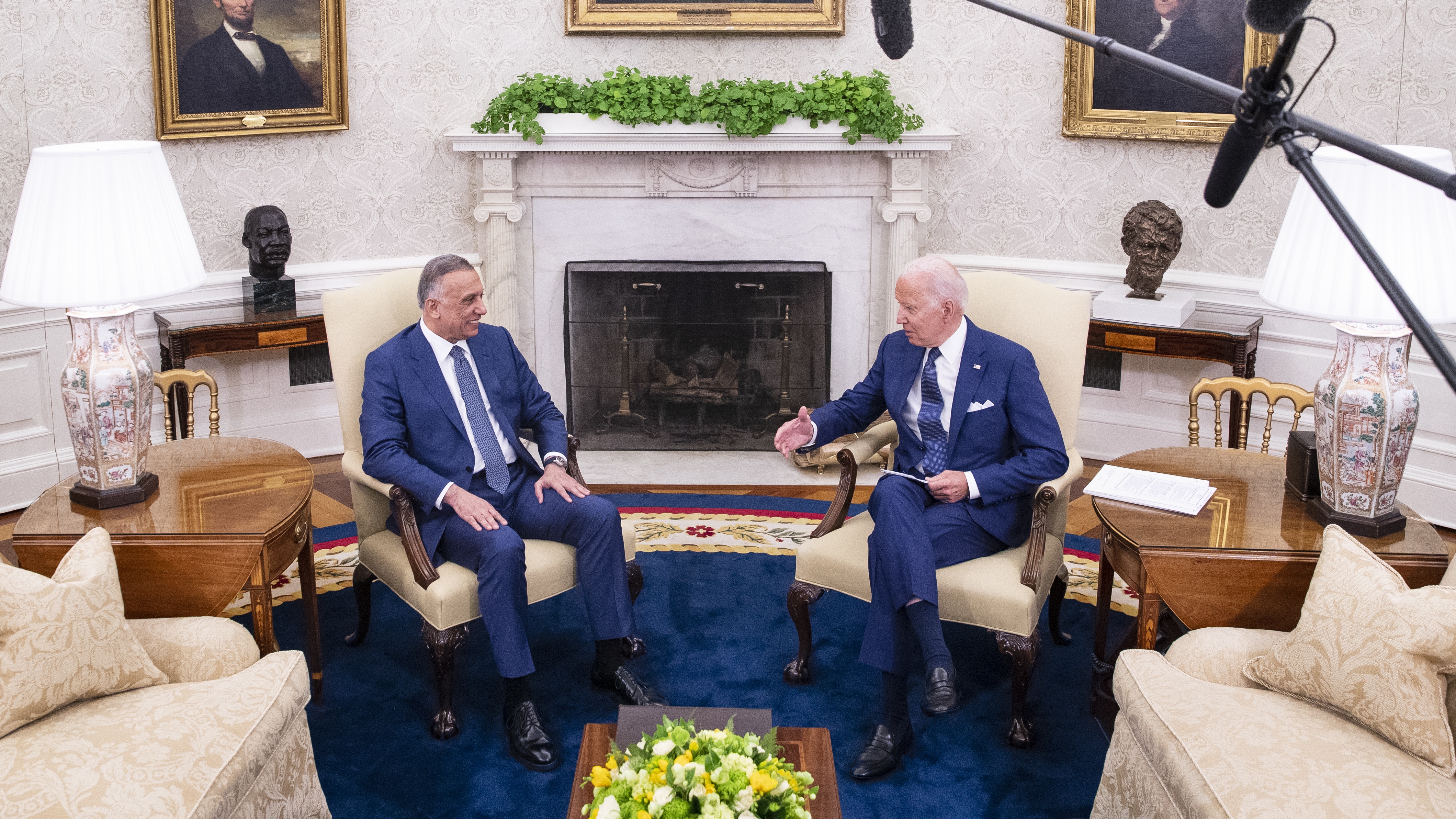 Does the withdrawal of US combat troops mean it’s ‘mission accomplished’ in Iraq?
Does the withdrawal of US combat troops mean it’s ‘mission accomplished’ in Iraq?In Depth President strikes deal with Iraqi PM to end two decades of fighting
-
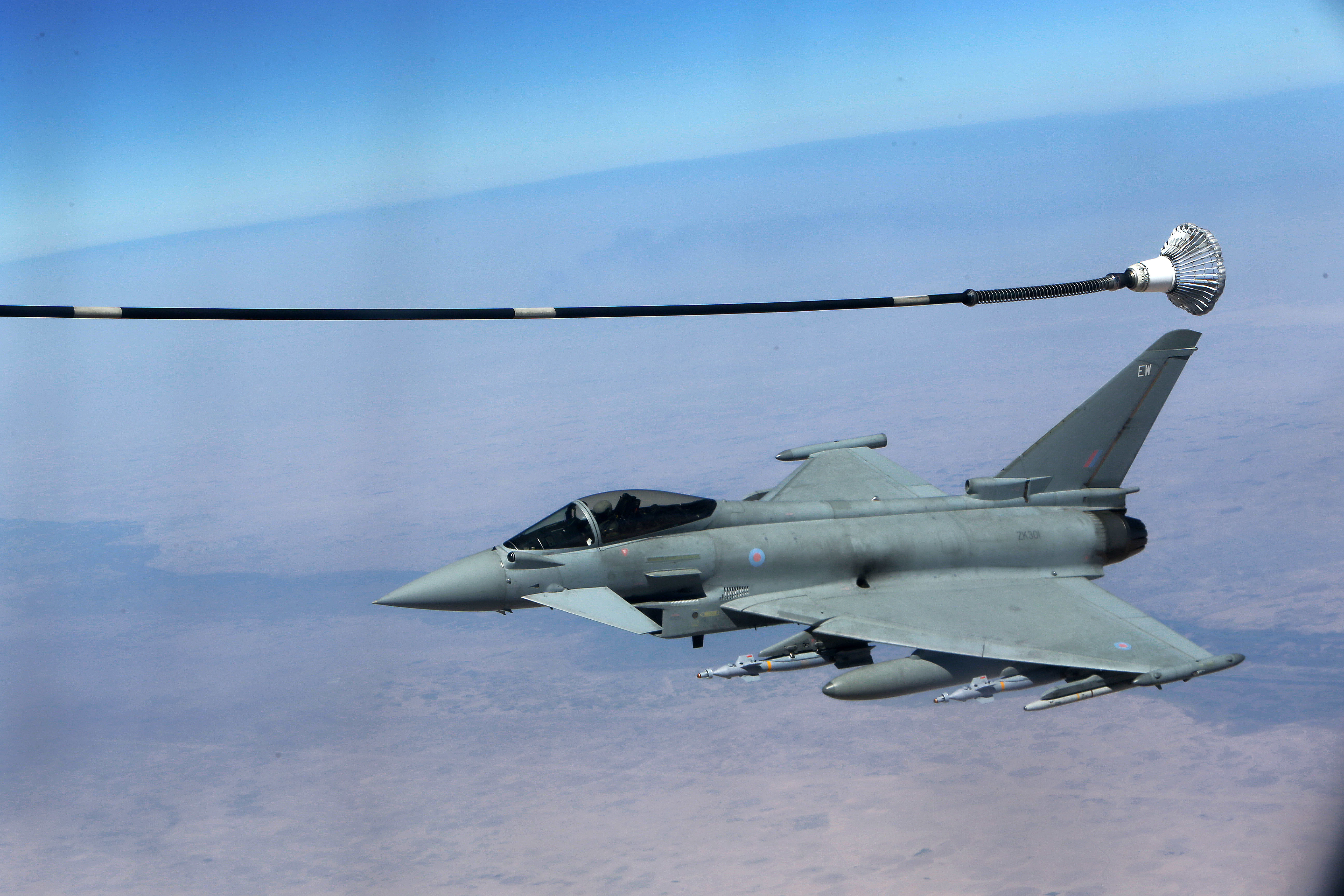 RAF air strike kills Isis fighters hiding in Iraqi caves
RAF air strike kills Isis fighters hiding in Iraqi cavesSpeed Read Defence minister pledges to continue ‘relentless’ fight against jihadists
-
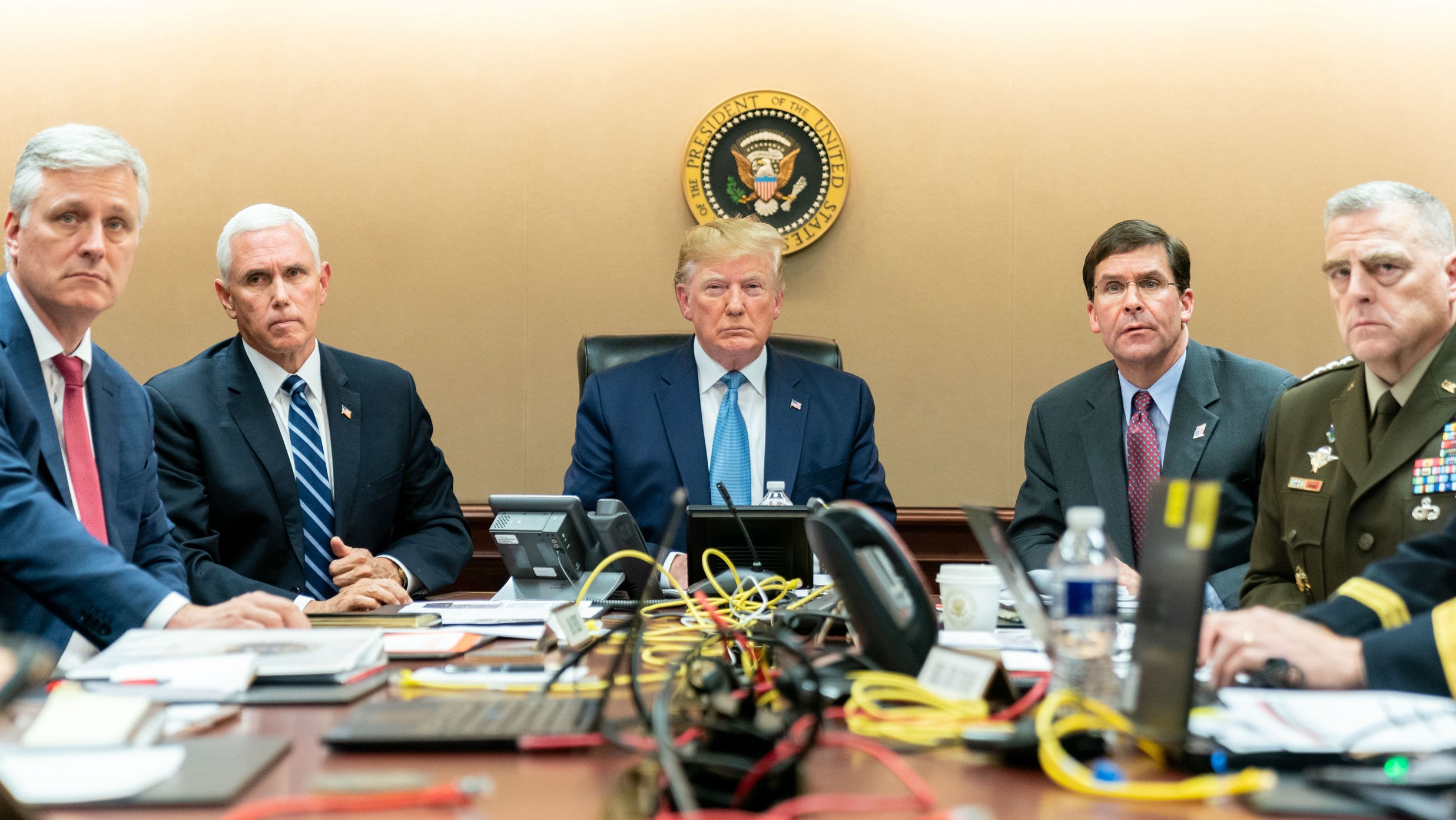 Was Donald Trump’s Baghdadi raid photo staged?
Was Donald Trump’s Baghdadi raid photo staged?In Depth Barack Obama’s former White House photographer casts doubt on authenticity of picture